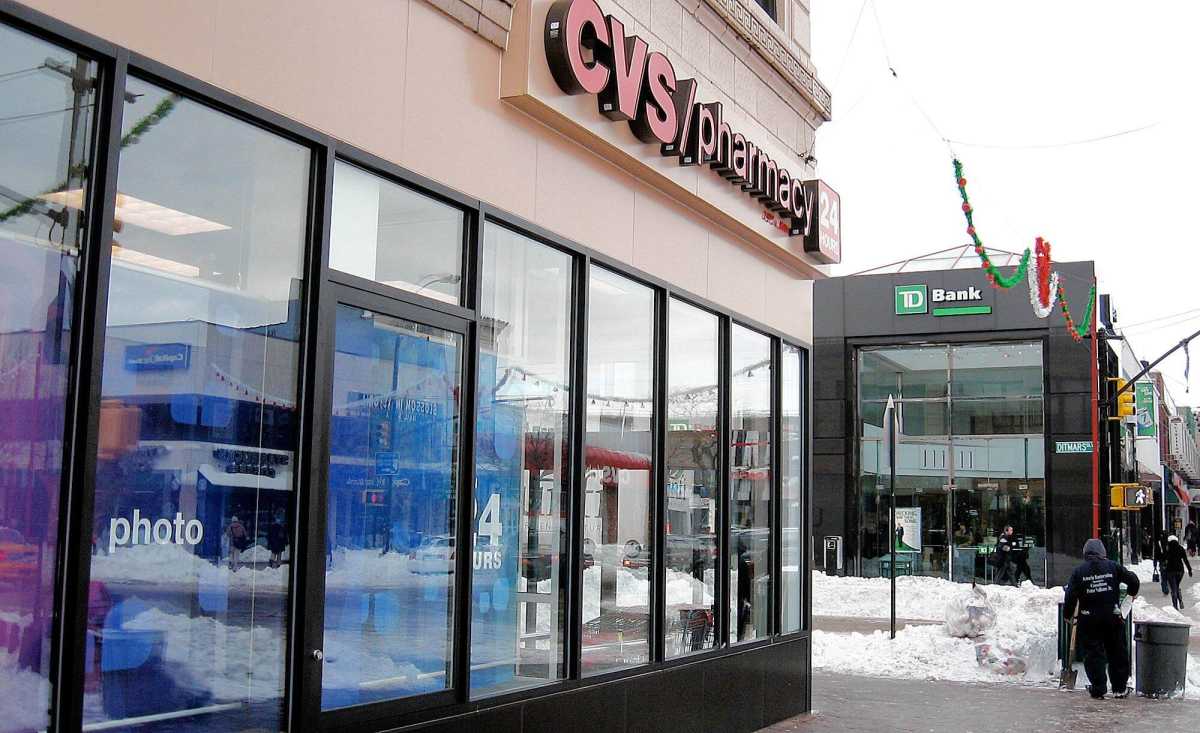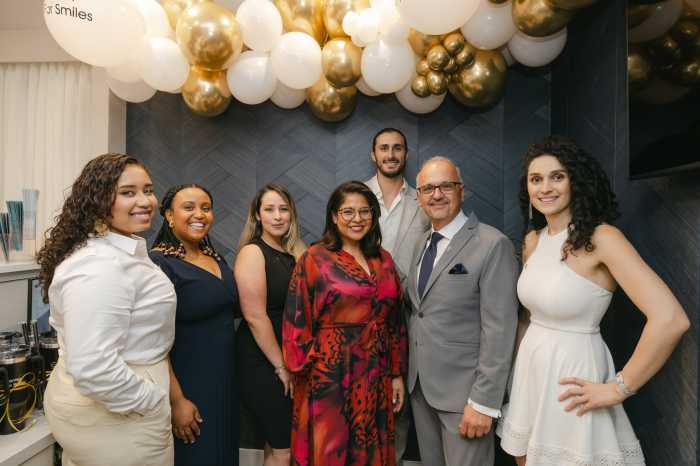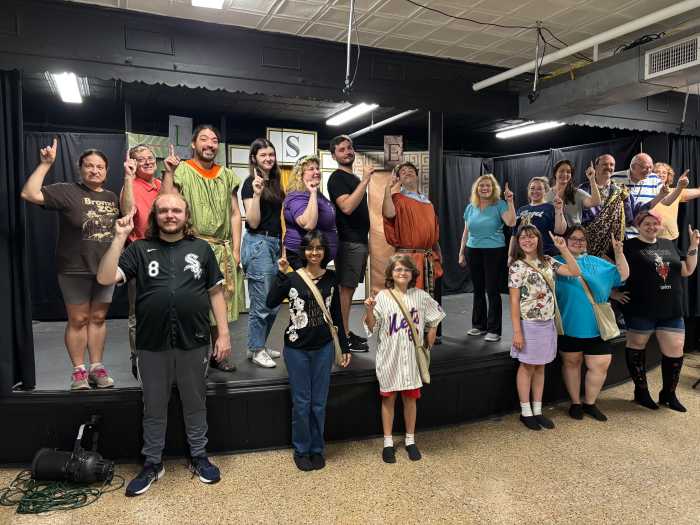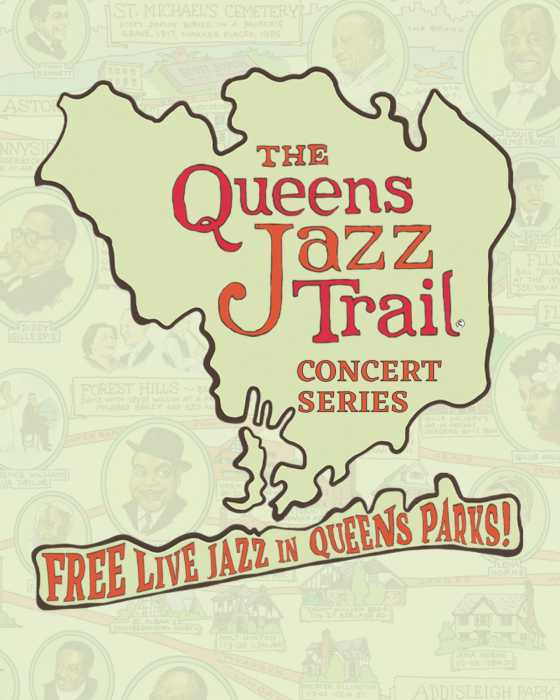By Rebecca Henely
New York City legislators and advocates are calling on the state to implement a law so all chain-store pharmacies across the state will need to provide language services to help consumers understand their medications. The state law would be modeled on a city law passed in 2009 that took effect in June.
“Taking prescription medications shouldn’t be a game of Russian roulette for seniors, non-English speakers or anyone else,” said state Sen. Jose Peralta (D-East Elmhurst) in a statement. “I am committed to doing all I can, working with my colleagues in the Legislature, to make medication instructions and prescription labels understandable to all consumers.”
The initiative has been supported by Peralta, state Assemblyman Richard Gottfried (D-Manhattan), City Councilwoman Julissa Ferreras (D-East Elmhurst), the immigrant advocacy program Make the Road New York and the Health Justice Program at New York Lawyers for the Public Interest, which has taken on Make the Road as a client.
Nisha Agarwal, director of the Health Justice Program, said her program and Make the Road have been working on this issue since 2007. After previous collaboration on various health-care issues, the organizations decided to work on this issue based on a New York Academy of Medicine study that found while 88 percent of pharmacists saw individuals with limited proficiency in English daily and almost 80 percent had the capacity to translate labels, only about 39 percent translated labels daily and almost 23 percent did not translate labels.
“The pharmacist couldn’t explain to them how to take their medicine in a language they would understand,” Agarwal said.
She said the Health Justice Program and Make the Road New York pushed for state passage of city law 859-A, which required all pharmacy chains — defined as those with four locations or more — to provide free translations of all labels and post a notification of a customer’s right to a free translation service. Mayor Michael Bloomberg signed the bill in September 2009.
Agarwal said this is most often done by printing labels in the top seven most-common languages, which are determined by the Department of City Planning through the American Community Survey every two years, and employing an interpreter for all languages, often through a phone service. She said this law was only applied to chains as many independent stores were already sufficient at providing translation services.
“It was more the really more corporate pharmacies that were not attuned to the neighborhoods they were in,” Agarwal said.
After the city law was implemented in June 2010, Agarwal said the program and Make the Road conducted a survey. They found translation services had improved in the city, but 50 percent of pharmacies statewide could not provide translated labels for prescriptions and 30 percent could not provide interpretation services for medication counseling.
Agarwal said she hopes state regulation will fill in the gaps. A bill was introduced into the state Legislature last summer and will be reintroduced in the upcoming legislative session. She said immigrant organizations and health-care providers have supported the bill.
“People that we’ve talked to have been really thrilled that this is happening,” Agarwal said.
Reach reporter Rebecca Henely by e-mail at rhenely@cnglocal.com or by phone at 718-260-4564.




































